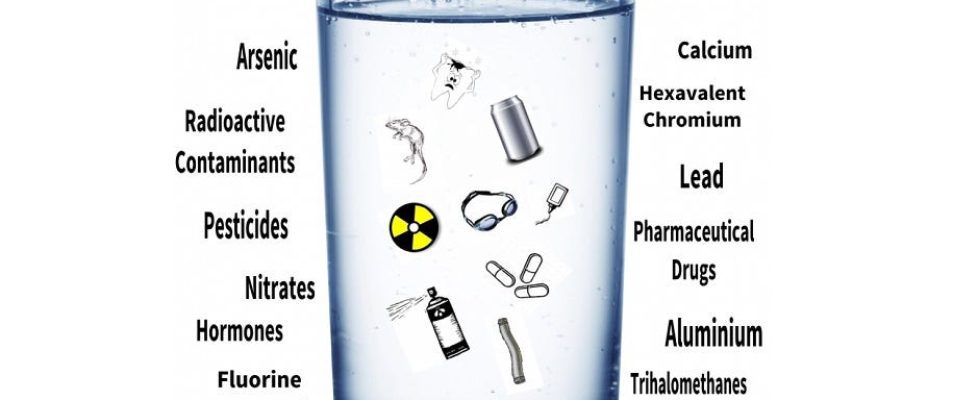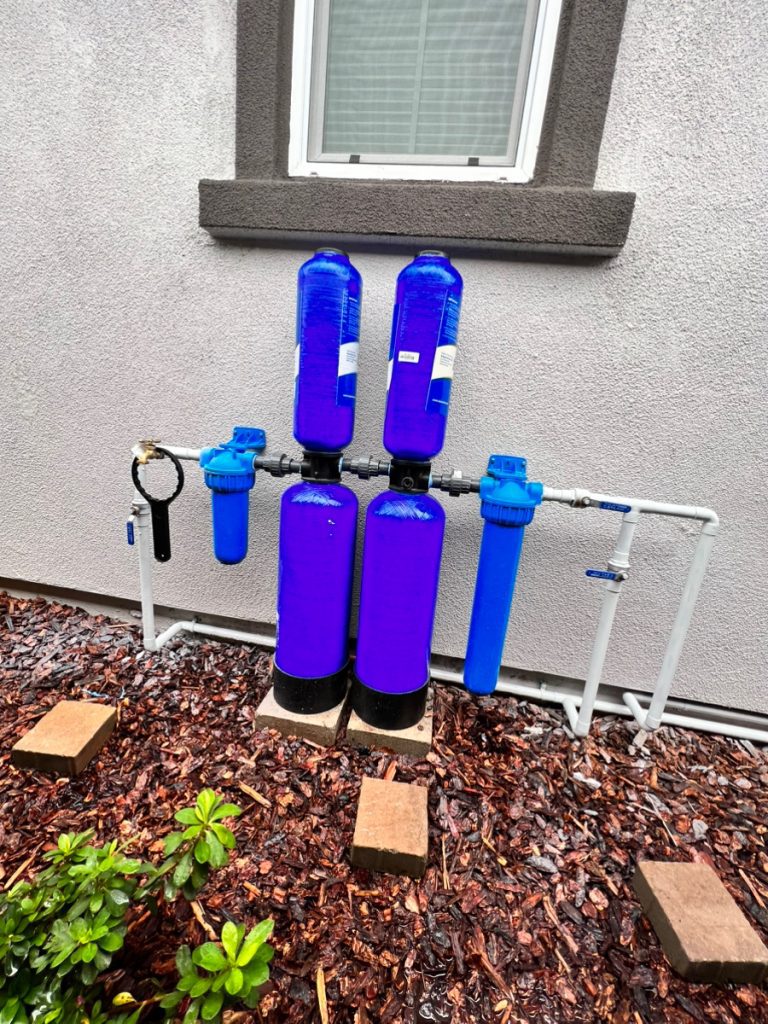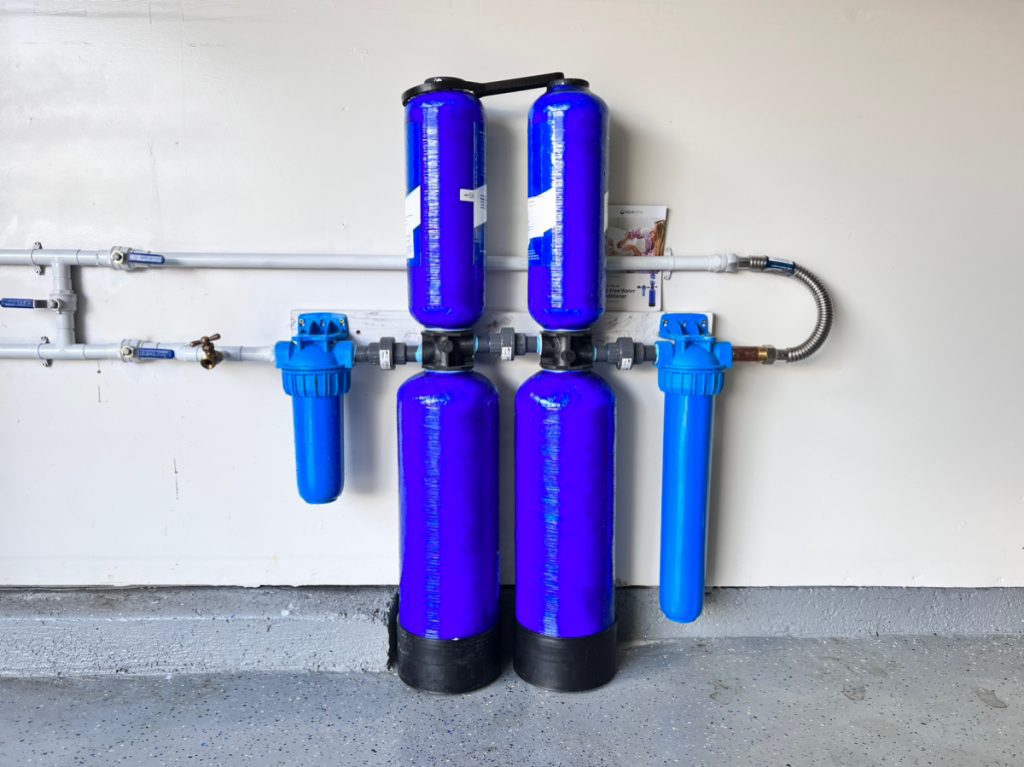Safeguarding Your Water:
Understanding Contaminants and Protecting Your Home
Water quality is a vital aspect of ensuring a healthy lifestyle, and it’s crucial to be aware of potential contaminants that may pose health risks, particularly when it comes to cancer. In the Sacramento area of California, water sources can vary, making it essential for residents to understand the potential threats and take proactive measures to protect their homes.
Common Contaminants and Cancer Risk:
1. Arsenic: Prolonged exposure to high levels of arsenic in drinking water is linked to skin, lung, bladder, and kidney cancers.
2. Chromium-6: Found in some water sources, hexavalent chromium has been associated with increased lung cancer risk, especially after prolonged exposure.
3. Nitrate and Nitrite: Elevated levels of these compounds in water may increase the risk of stomach and esophageal cancers, often originating from agricultural runoff.
4. Disinfection Byproducts (DBPs): Trihalomethanes and haloacetic acids, byproducts of water disinfection, have been linked to bladder and colorectal cancers.
5. Polycyclic Aromatic Hydrocarbons (PAHs): Contaminants from industrial discharges may increase cancer risk due to exposure to certain PAHs.
6. Volatile Organic Compounds (VOCs): Chemicals like benzene and trichloroethylene, found in water from industrial discharges, may contribute to cancer risk.
7. Per- and Polyfluoroalkyl Substances (PFAS): Emerging contaminants like PFAS found in water supplies are being studied for potential links to cancer.
8. Radionuclides: Radon, radium, and uranium, found in groundwater, have been associated with increased cancer risk, especially lung cancer with radon exposure.
Protecting Your Home:
Preventing water contamination starts at home. Here are some practical solutions to safeguard your water quality:
1. Regular Testing: Schedule periodic tests for your water quality to identify potential contaminants.
2. Water Filtration Systems: Invest in effective water filtration systems to remove common contaminants. Activated carbon filters can be particularly helpful.
3. Plumbing Maintenance: Ensure your plumbing system is in good condition to prevent leaching of harmful substances into the water supply.
4. Be Cautious with Chemicals: Store and dispose of household chemicals properly to prevent them from contaminating the water.
5. Stay Informed: Stay updated on local water quality reports and advisories. If there are concerns, contact your local water utility or health department for guidance.
How We Can Help:
As experts in heating and plumbing, we understand the importance of clean water for your home. Our team is equipped to assess your plumbing system, offer solutions to improve water quality, and ensure the safety of your family. Don’t hesitate to reach out for a consultation – your health is our priority.
Remember, a proactive approach to water quality ensures a healthier living environment for you and your loved ones. Invest in the well-being of your home by taking steps to protect your water supply today.





